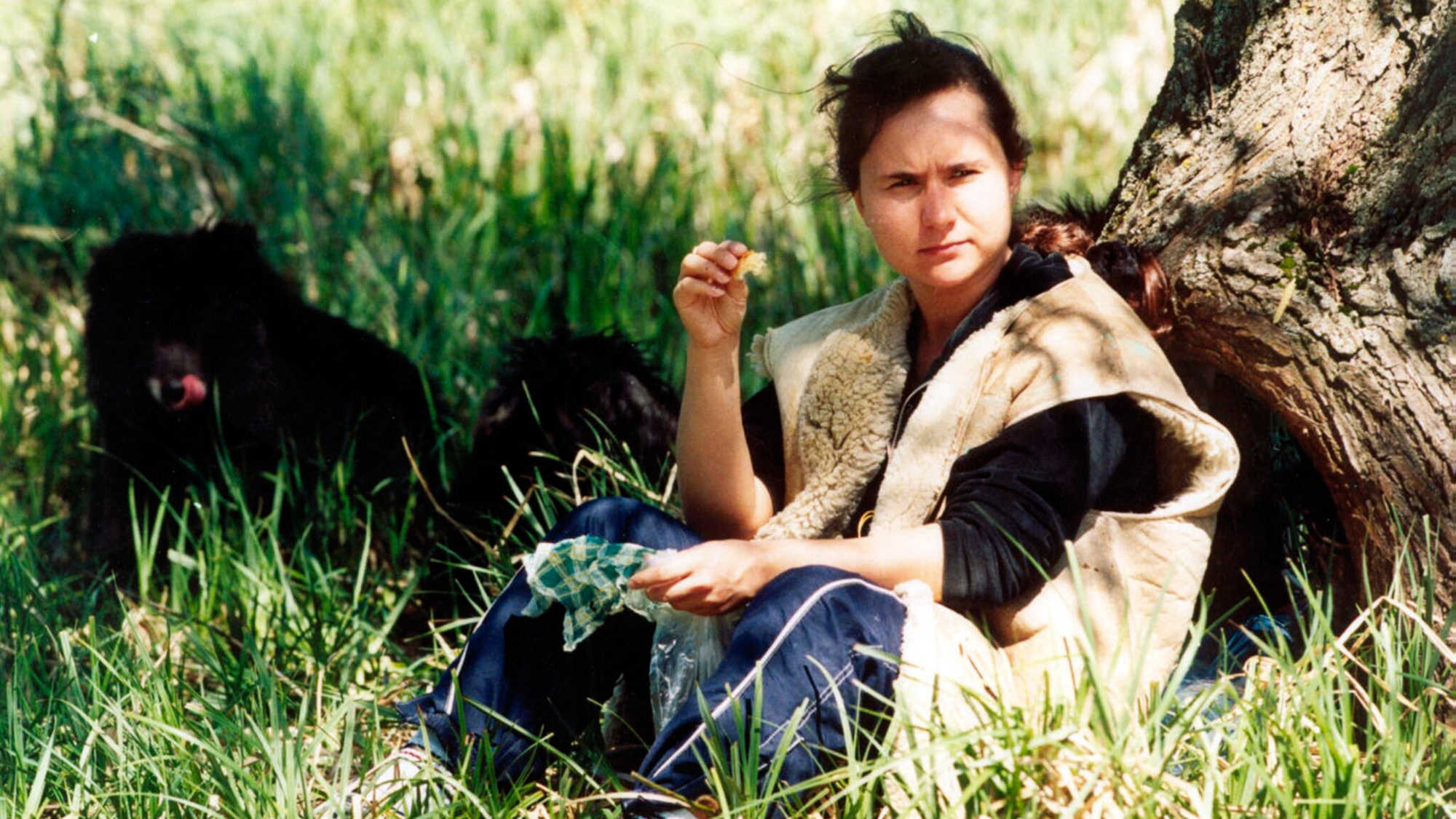
A festival discovery, Hukkle draws viewers into a wholly original, inventive and self-sustained cinematic world, and won’t let go.
Screened as part of NZIFF 2003
Hukkle 2002
Sublimely odd yet brazenly accomplished, deadpan but hyperactive, this graduation film by 27-year-old film student György Pálfi has been leaving audiences happily bemused at all the best film festivals. Like a superbly shot, anchorless nature documentary, Hukkle ranges around a picturesque Hungarian country town, divulging the secret lives of flora, fauna and homo sapiens, apparently at random. A gloriously mobile camera slices through walls, soars into the sky for bird’s-eye views, races through the undergrowth to apprehend people at work or play, then burrows underground to interrupt an ill-fated mole waddling through its tunnel. Apart from a significant song at the end Hukkle is wordless. The film begins with an old man’s incessant hiccupping – ‘hukkle’, pronounced ‘hoo-kleh’, means hiccup – and the soundtrack is as dense with the sounds of man and nature as the pictures are abundant and detailed. Lack of conversation abets the film’s equivalence of humanity with nature’s less eloquent species, but gradually a pattern begins to emerge and the evidence accumulates to reveal an elaborate female conspiracy to dispense with helpless males… There is a plot! — BG
"There are more ways than one to view Hukkle, the luminous directorial debut of György Pálfi, a Hungarian filmmaker whose intensified, child's-eye apprehension of the natural world might be described as psychedelic. If you’re attracted to pure, exquisitely photographed cinematic depictions of the world, you could almost lie down in Hukkle as if it were a meadow and soak in its sun-drenched atmosphere. The film has hardly any spoken words, and except for a scene of a church chorus, the sounds humans make are treated as another manifestation of environmental noise on a teeming soundtrack. That soundtrack is a kind of pastoral symphony that lends the hum of the rural outdoors (with indoor sidetracks to a country kitchen and a sewing factory) a layered richness that seems three-dimensional.
But as the movie builds up its bucolic vision, it also teases you with enigmatic clues to an actual murder in the rural Hungarian village where it takes place. You don't have to piece together these clues to be satisfied with the film. It works just fine as a sophisticated wildlife documentary with a submerged narrative. But if you enjoy the challenge of solving difficult mysteries, Hukkle presents a tantalizing case waiting to be cracked." — Stephen Holden, New York Times